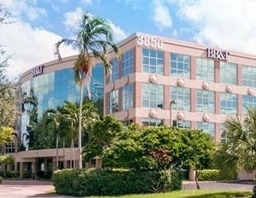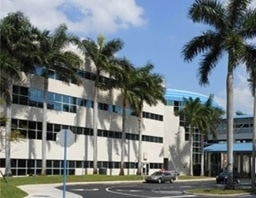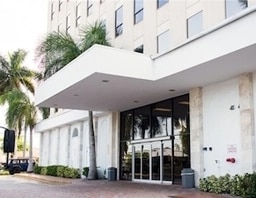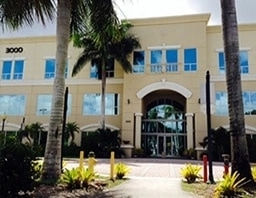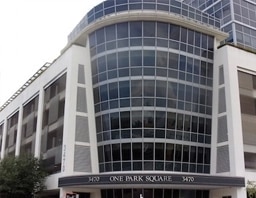
What causes acne?
Acne starts when oil and dead skin cells clog the skin's pores. If germs get into the pores, the result can be swelling, redness, and pus. For most people, acne starts during the teen years. This is because hormone changes after puberty make the skin more oily. You do not get acne from eating chocolate or greasy foods, but you can make it worse by using oily skin products that clog your pores.
Acne can run in families. If one of your parents had severe acne, you are more likely to have it.
What are the symptoms?
Symptoms of acne include whiteheads, blackheads, and pimples. These can occur on the face, neck, shoulders, back, or chest. Pimples that are large and deep are called cystic lesions. These can be painful if they get infected. They also can scar the skin.
How is acne treated?
To help control acne, keep your skin clean. Avoid skin products that clog your pores. Look for products that say non-comedogenic on the label. Wash your skin once or twice a day with a gentle soap or acne wash. Try not to scrub or pick at your pimples. This can make them worse and can cause scars.
If your pimples are really bothering you or are scarring your skin, come see one of our physicians. A prescription gel or cream for your skin may be all you need. Sometimes antibiotic pills are prescribed. Depending on your needs, a mix of treatments may work best. If you are female, taking certain birth control pills may help as well.
Is Chemical Peel Treatment Helpful for Acne?
If you are struggling with acne or acne scarring, you may be a great candidate for our Miami Peel Treatment. Light to medium chemical peels can help stop blemishes more quickly and reduce the frequency of new breakouts. The regular use of chemical peels also stimulates your body to build healthy new collagen in the area we've treated. This can improve your overall skin texture and also reduce the appearance of acne scars over time. For acne, the Miami Peel treatment is especially advantageous because it helps regulate the production of skin oils while also fighting inflammation that can cause irritation.
Should I Exfoliate My Skin if I'm Prone to Acne?
Chemical peels are a form of exfoliation, which means that exfoliation can be good for acne-prone skin. However, it's important that you perform exfoliating care properly. Otherwise, you run the risk of compromising your skin's protective barrier and suffering more irritation than you already have.
Your dermatologist may advise you to exfoliate no more than two to three times a week. This will depend on the severity of your condition and your method of exfoliation. Generally, it is considered safe to use a very gentle scrub to exfoliate acne-prone skin.
Should I use Moisturizer on My Acne-Prone Skin?
Acne-prone skin is oily skin. When you notice that your skin shines or feels oily when you touch it, you may assume that the right course of action is to dry the skin out. One way to do this is to forego using moisturizer. As logical as this may seem, it can be a mistake. When your skin becomes overly dry, the sebaceous glands that produce the oil that holds moisture in place increase their oil-producing activity! The more oil these glands produce, the more your pores may clog, and the cycle continues.
Using a good moisturizer for your acne-prone skin can pay off in a few different ways. First, your moisturizer can help restore the protective barrier on your skin's surface, thereby signaling to the sebaceous glands that they can relax their production of oil. Moisturizers can also attract water molecules from the deeper layers of the skin toward the surface. Finally, emollient ingredients in your moisturizer can be very soothing, reducing further irritation.
What Causes Adult Acne?
Most of the time, acne affects teens and young adults. Still, it is possible to experience this condition at nearly any age. If you're over the age of 25 and seeing acne, chances are you're affected by the same direct factors any teenager with acne is. These are excess oil production, clogged pores, bacteria, and inflammation. Indirectly, these factors may stem from makeup and hair products, a diet that supports inflammation, and hormones. If you're experiencing adult acne, create a ritual of washing your face every night before bed. Keep in mind that it's important to continue using a good moisturizer. Also, if you wear makeup, look for non-comedogenic products that are less likely to clog your pores. You may also benefit from scheduling a consultation or chemical peel at one of our South Florida locations.
What can be done about acne scars?
There are skin treatments that can help acne scars look better and feel smoother. Ask one of our physicians about the options that are right for you.
Contact Our South Florida Office For Acne Treatment
If you are interested in eliminating your acne, please schedule a consultation by calling 954.961.1200 or reaching out online. We have multiple offices in South Florida, and we look forward to helping address your concerns.

